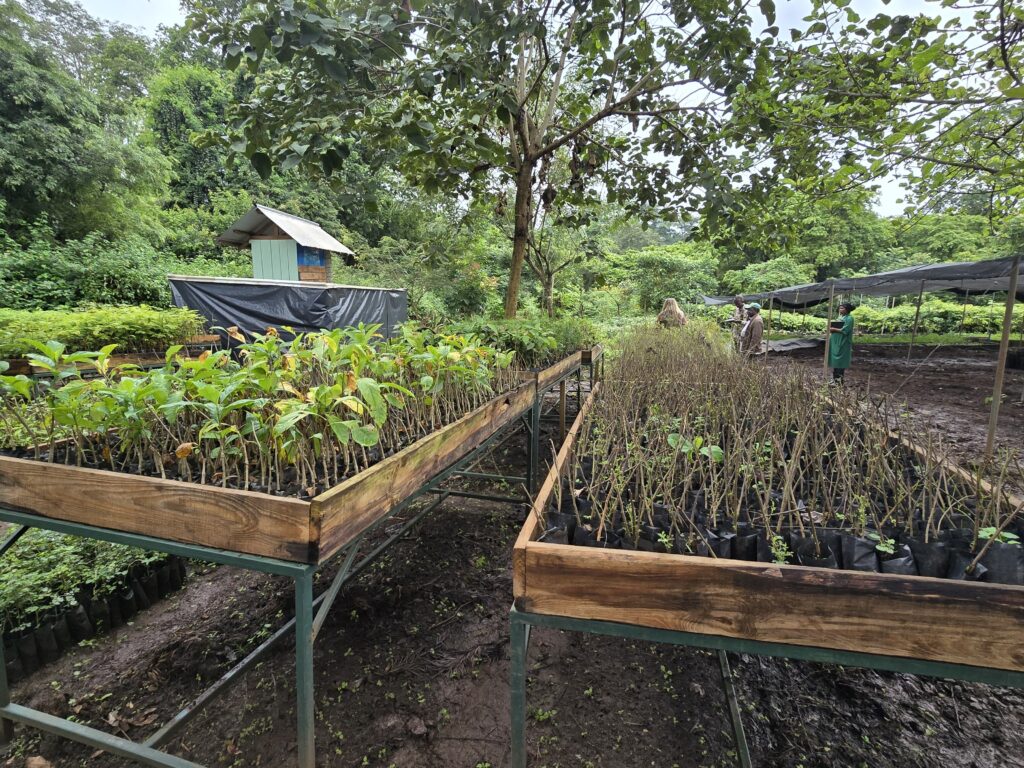
£300,000
Catalytic grant from FSDAi to launch BIRA
$390,000
raised by Kijani Pamoja after BIRA’s support
2,000 hectares
of land restored by KERI, a BIRA participant
The problem
Africa is home to a quarter of the world’s biodiversity. That creates scope for nature-based enterprise to be a real engine for development. But finance is not reaching these projects – Africa only receives 6% of global biodiversity funding.
One barrier is the biodiversity measurement frameworks investors rely on to assess risk and impact. They tend to be complex to work with, require data that is hard to obtain, and are unsuited to African contexts.
FSD Africa sought to address this by beginning work on a new, more suitable framework, along with a team of partners. But a bigger barrier soon emerged: too few projects were actually investor-ready, even before reaching the measurement stage.
The solution
FSD Africa Investments (FSDAi) partnered with Axum to create BIRA: the Biodiversity Investment Researcher and Accelerator.
BIRA helps to promote nature-positive enterprise in Africa in two ways:
- Accelerating investment: helping enterprises get investor-ready through technical assistance, pitch support and investor connections.
- Advancing research: Helping to improve measurement of biodiversity in an African context, and to design new finance mechanisms.
FSDAi provided £300,000 in grant funding to help launch BIRA. We played a governance role in its design and implementation, and helped develop investor decks for the companies in the accelerator’s first cohort.
The impact
In 2023, BIRA launched its first cohort of enterprises. These included Kijani Pamoja, a Tanzanian organisation that promotes land restoration and re-greening.
The project had already seen success with a ‘pay to grow’ model, which paid farmers to plant trees. But with FSDAi and Axum’s input, Kijani Pamoja was able to transform the way it presented its business case to investors.
Just months after the accelerator, Kimani Pamoja secured a $150,000 grant from the UBS Optimus Foundation and a $240,000 investment from a Swiss family office.
This funding, along with BIRA’s technical input, helped Kijani Pamoja to launch the Kilimanjaro Ecosystem Restoration Initiative (KERI): one of Africa’s first carbon-stacked biodiversity initiatives. KERI has led to the restoration of 2,000 hectares of degraded land in northern Tanzania.
These early successes show the potential of BIRA to scale biodiversity projects and create jobs, skills and new sources of income for local communities.
“The facilitators of the accelerator motivate and inspire you to generate the right solutions for your situation.”